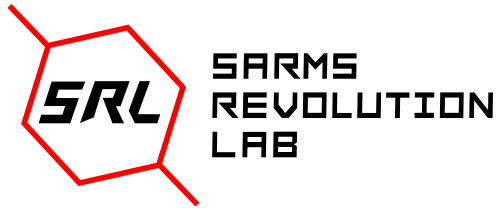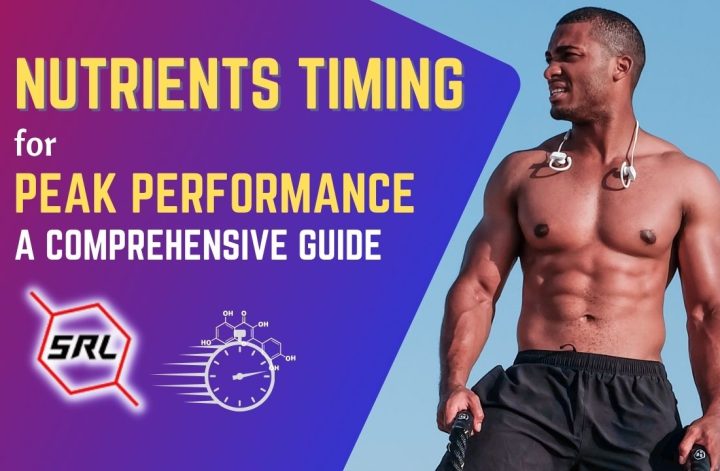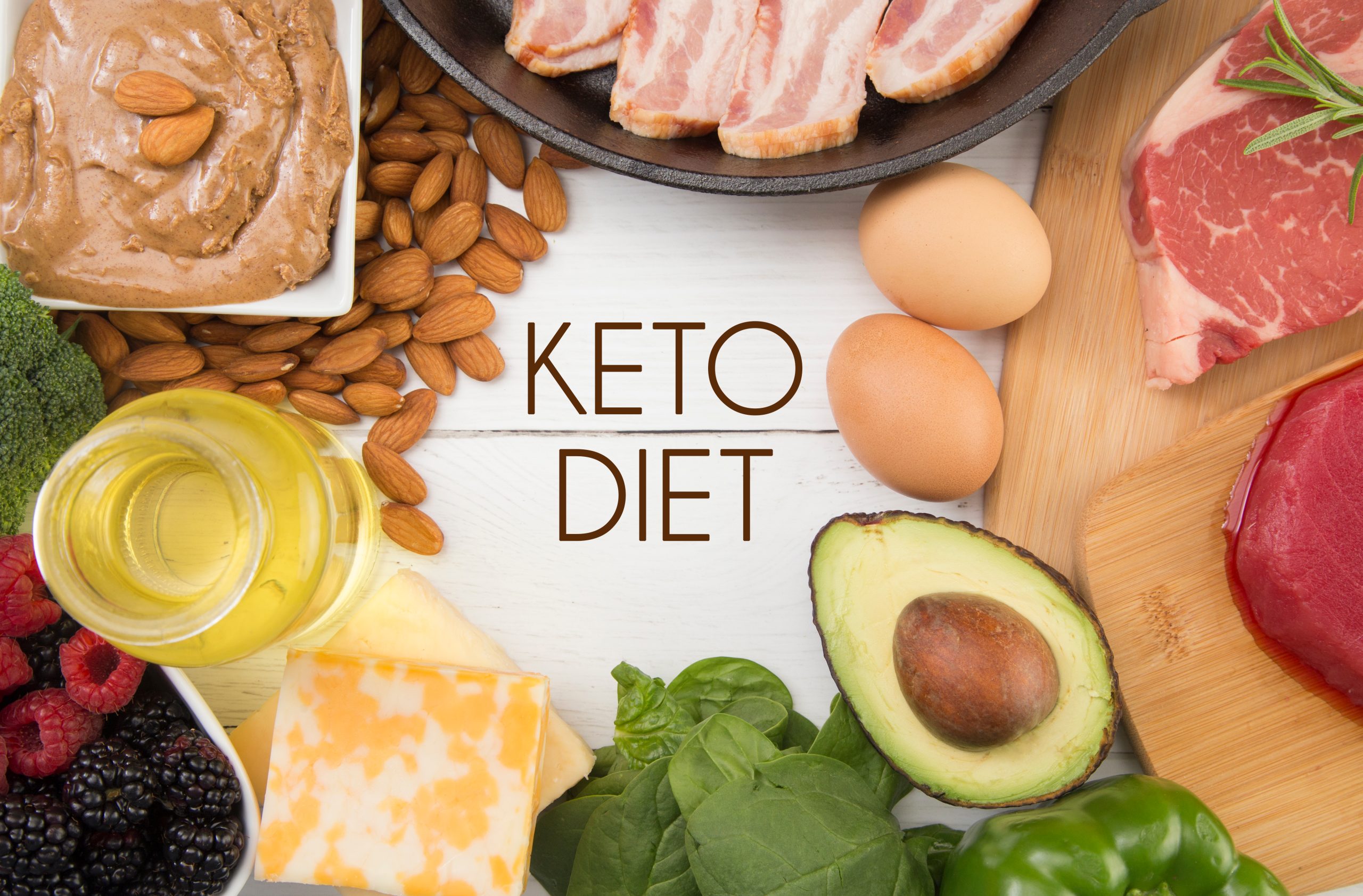Peptides, the lesser-known cousins of proteins, have sparked significant interest in science and health. But what exactly are peptides, and why are they gaining attention in Canada and beyond? In this comprehensive exploration, we’ll delve into the world of peptides, their functions, and their growing significance in therapeutic applications, particularly highlighting the offerings of SARMs Revolution Lab, a leader in the Canadian market for SARMs and peptide products.
Table of Contents
- Introduction to Peptides
- Overview and Significance
- Understanding Peptides
- Basics and Biological Role
- The Power of Peptide Science
- Research and Therapeutic Applications
- Peptides in Canada
- Trends and Popular Products
- Legal Aspects and Safety
- Regulations and Quality Standards
- Peptide Therapy in Depth
- Methods and Benefits
- Peptides in Health and Wellness
- Muscle Growth, Skin Health, and Metabolism
- FAQs: Peptides Explained
- Common Questions Answered
- Conclusion
- The Future of Peptides in Health

Understanding Peptides
At their core, peptides are chains of amino acids, the building blocks of proteins. However, unlike proteins, peptides are smaller, consisting of 50 or fewer amino acids. This size difference makes peptides easier for the body to absorb and utilize, paving the way for various therapeutic applications. There are over 7,000 naturally occurring peptides in the human body, each playing a crucial role in different bodily functions, including digestion, metabolism, inflammation, and even cognitive processes.
The Power of Peptide Science
The science of peptides is a rapidly evolving field. Researchers continually uncover the vast potential of synthetic peptides, which mimic their natural counterparts. These synthetic peptides can aid in numerous bodily functions, making them a valuable tool in medical and therapeutic contexts. Peptide therapies come in various forms, including injections, sprays, and creams. They serve multiple purposes, such as boosting muscle growth and enhancing skin health.
Peptides in Canada: A Growing Trend
In Canada, the interest in peptides, especially for therapeutic use, is rising. Leading the way, SARMs Revolution Lab offers a variety of peptide products. Their popular BPC-157 is known for its healing properties, aiding injury recovery, gut health and boosting collagen.
Legal Aspects and Safety
The legality of peptides is a common concern. In Canada, peptides like BPC-157 are legal for research purposes, and many are also used in medications for treating various conditions. It’s crucial to source peptides from reputable suppliers to ensure purity and efficacy. SARMs Revolution Lab, for instance, adheres to stringent testing and quality control measures, ensuring that their products, including BPC-157, meet the highest standards.
Peptide Therapy: A Closer Look
Peptide therapy, a cutting-edge treatment method, is gaining traction for its versatility and effectiveness. It involves using specific peptides to target a range of health issues. These therapies can be administered in various forms, including injections, creams, and oral supplements, making them accessible and customizable to individual needs.
- The Role of Peptides in Muscle Growth and Recovery: One of the most notable applications of peptides is in muscle growth and recovery. Peptides like BPC-157, available at SARMs Revolution Lab, have shown promising results in enhancing muscle repair and growth. This makes them a popular choice among athletes and fitness enthusiasts, especially in Canada, where the demand for high-quality peptide supplements is rising.
- Peptides and Skin Health: Beyond muscle growth, peptides play a significant role in skin health. They are known for their ability to stimulate collagen production, which is crucial for maintaining youthful, resilient skin. This property makes peptides a key ingredient in many anti-aging skincare products. Canadian consumers seeking effective skincare solutions increasingly use peptide-based products for their proven benefits.
- Peptides in Weight Management and Metabolism: Peptides also contribute significantly to weight management and metabolic health. Specific peptides can influence metabolism, aiding in weight loss and improving overall metabolic functions. This aspect of peptide science is particularly appealing to those looking to maintain a healthy weight through natural and effective means.
- Cognitive and Overall Health Benefits: The impact of peptides extends to mental health and overall well-being. Research suggests that specific peptides can enhance cognitive functions and potentially play a role in treating neurological conditions. Moreover, their overall health benefits, such as improving gut health and reducing inflammation, make them a comprehensive solution for various health concerns.
- Quality and Safety: Choosing the Right Peptides: Regarding peptides, quality and safety are paramount. Canadian consumers are advised to choose reputable sources like SARMs Revolution Lab, which guarantees the purity and efficacy of their products. It’s essential to select peptides that have undergone rigorous testing and quality assurance processes to ensure safe and effective use.

FAQs: Understanding Peptides and Their Uses
Peptides serve various purposes thanks to their ability to mimic natural biological processes. Treatments, skincare products, and supplements are commonly used them. In medicine, peptides actively contribute to healing, reducing inflammation, and aiding in regeneration. They are also popular in the fitness industry for muscle growth, recovery, and weight management.
No, peptides are not steroids. While peptides and steroids enhance athletic performance and muscle growth, they are fundamentally different. Steroids are synthetic versions of hormones like testosterone, whereas peptides are short chains of amino acids. Peptides work by stimulating the body’s natural processes, while steroids directly supplement hormone levels.
Peptides function in various ways, depending on their structure and the sequence of amino acids they contain. They can act as hormones, neurotransmitters, or growth factors, influencing bodily functions such as metabolism, immune response, growth, and healing processes. Peptides can also stimulate collagen production, making them beneficial for skin health.
Yes, Peptide therapy is legal, but many countries, including Canada, regulate it. Licensed healthcare professionals must prescribe peptides, and patients should obtain them from reputable suppliers. The specific type of peptide and its intended use also determine its legality, as authorities approve some peptides for specific treatments while restricting others.
Conclusion: Embracing the Peptide Revolution
Peptides are at the forefront of a health revolution, offering diverse and effective solutions for various health concerns. From muscle growth to skin health, their applications are vast and promising. For Canadians and others worldwide, SARMs Revolution Lab is a trusted source of top-quality peptides, including the renowned BPC-157. Embrace the power of peptides and explore the range of health benefits they offer by visiting SARMs Revolution Lab. Experience the future of health and wellness with the best peptides science has to offer.
















